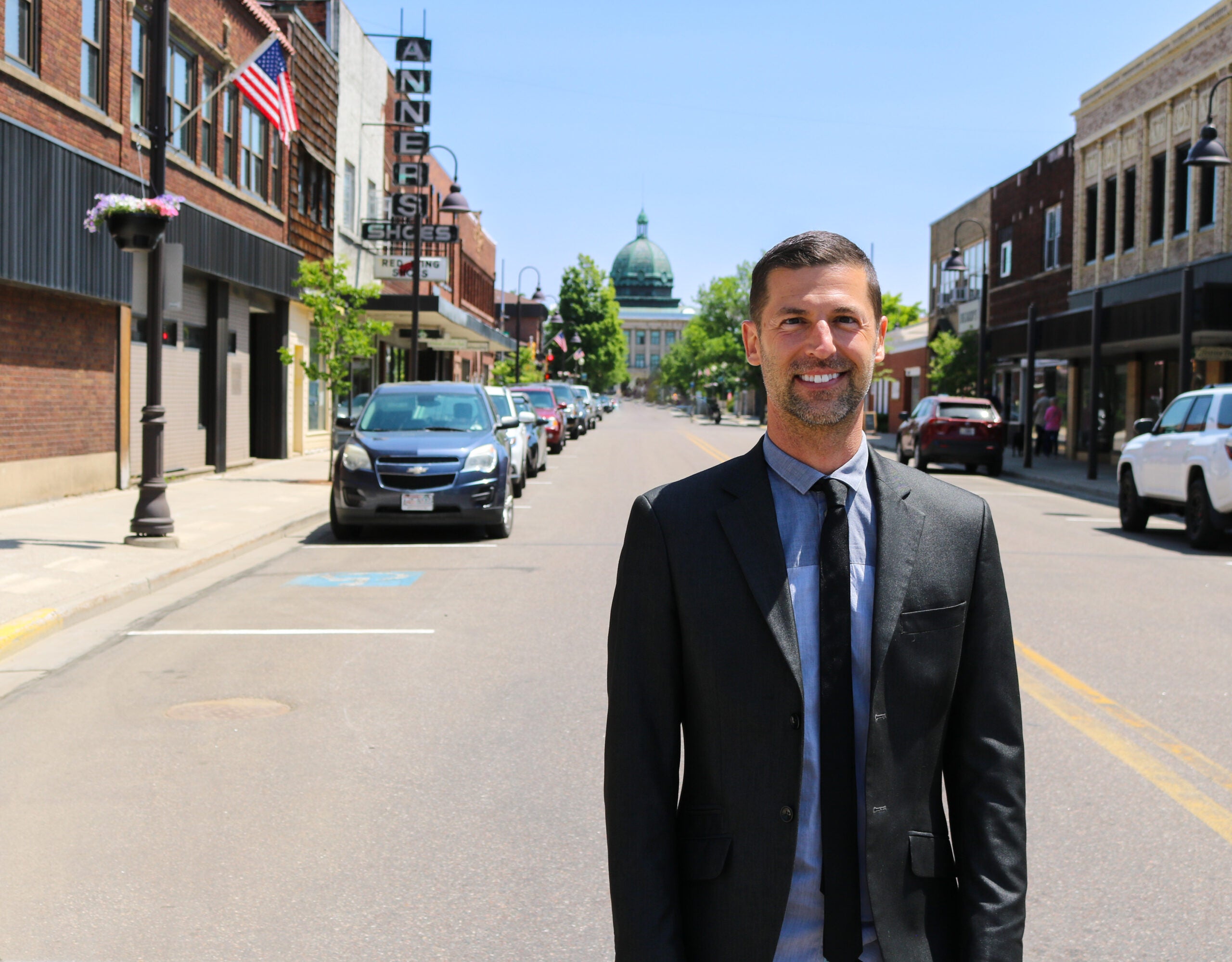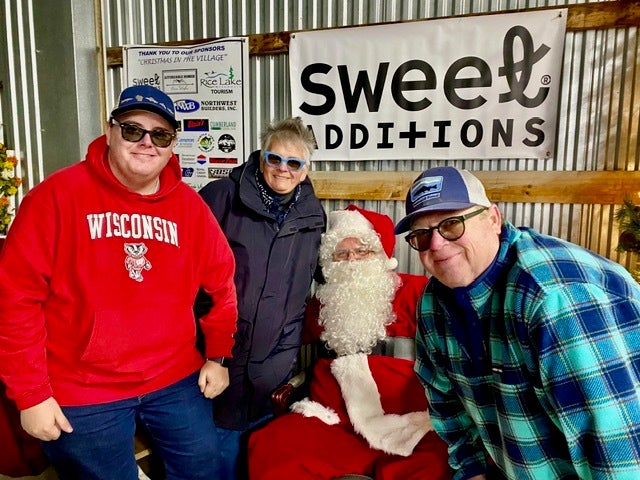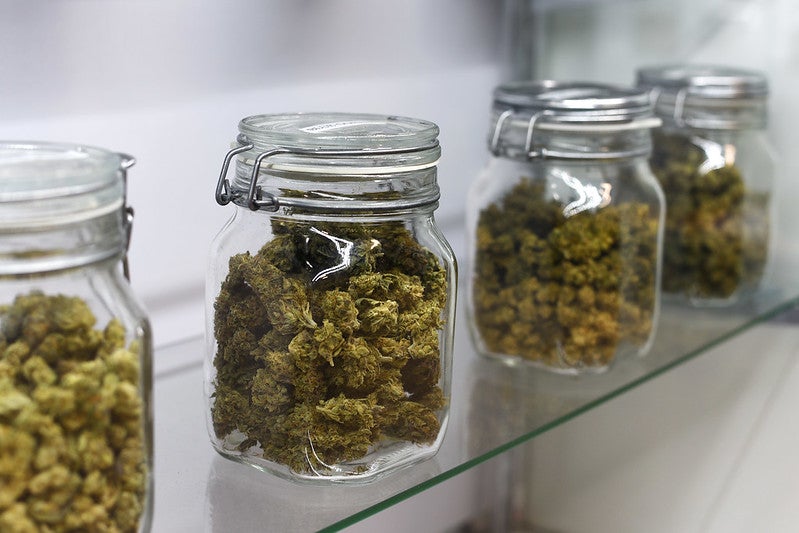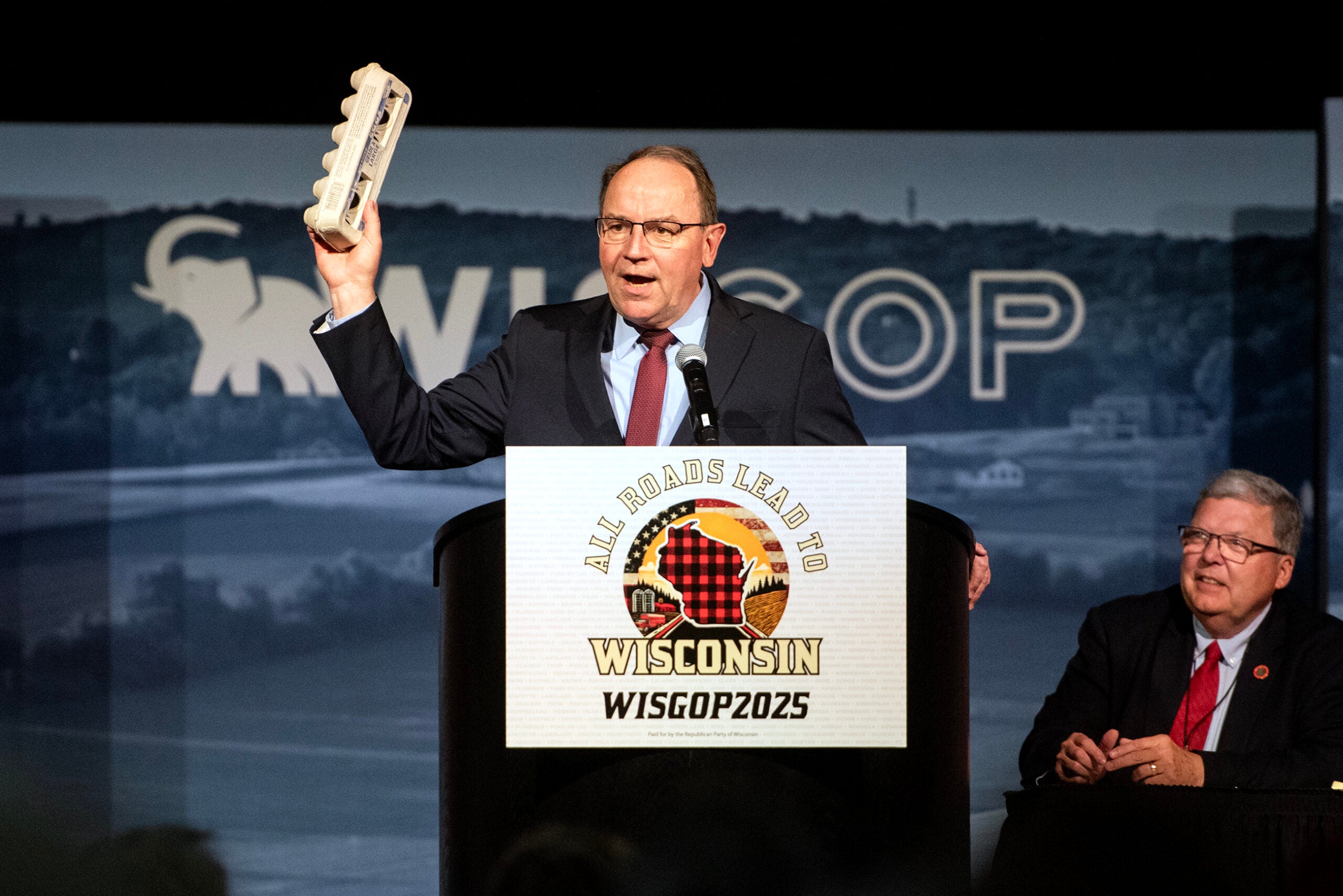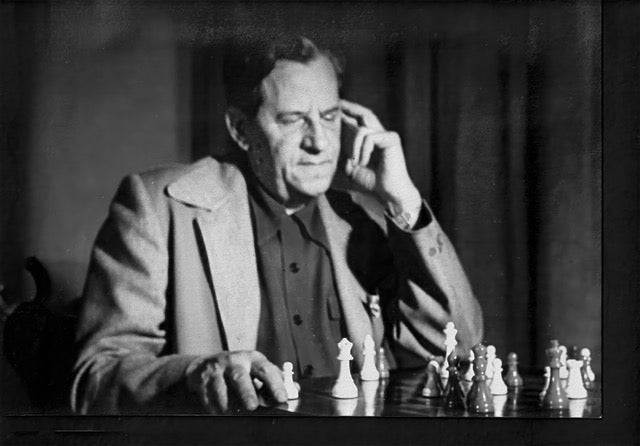Kyle Kilbourn of Woodboro is one of two Democratic candidates in the primary election for the 7th Congressional District that covers central and northern Wisconsin who hopes to face incumbent U.S. Rep. Tom Tiffany in the November election.
Wisconsin’s 7th Congressional District was a longtime Democratic stronghold until the retirement of U.S. Rep. Dave Obey in 2011.
The district has been in the Republican column since, first by Obey’s successor, Sean Duffy, and since 2020 by Tiffany, who is seeking reelection in November with no Republican primary challenger on August 13.
News with a little more humanity
WPR’s “Wisconsin Today” newsletter keeps you connected to the state you love without feeling overwhelmed. No paywall. No agenda. No corporate filter.
Kilbourn will face Elsa Duranceau of Merrill during the primary election on Aug. 13.
He grew up in a small town of Des Lacs, North Dakota, where his divorced parents raised farm animals and juggled several jobs. He attended the University of Minnesota, where he met his now husband, Chris, and studied abroad at the University of Southern Denmark, earning a doctorate in product design and innovation.
He’s worked in that field for many years, including for the Target Corporation, and is now campaigning full-time for Congress. He and his husband live in Woodboro in Oneida County.
He spoke with WPR’s Robin Washington on “Morning Edition” about his candidacy. Washington also spoke with his opponent, Elsa Duranceau.
This transcript has been edited for brevity and clarity.
Robin Washington: What is your top priority in Congress for representing the 7th district?
Kyle Kilbourn: I’ve traveled around the district and put on 6,000 miles so far. And what I’m hearing from residents is how can they take care of themselves as healthcare becomes less accessible.
In the last few months, we’ve seen rural hospitals closing and it’s a concern of residents. We’re seeing mergers of our healthcare systems, we’re seeing child care becoming out of reach and very unaffordable homes.
So for a lot of residents it’s about how do I stay healthy? How do I have housing? How do I take care of my kids?
RW: It’s generally understood on both sides of the political aisle that federal immigration reform is necessary. What one reform is most needed in the current immigration system?
KK: As we go around the district talking to folks, most people agree that there is a surge of illegal immigration. It’s unacceptable. And part of that is we’ve had decades of not doing anything to tackle immigration. For me, it’s about making sure that whatever we do is bipartisan and that it secures our borders and keeps America safe.
It also has to treat immigrants humanely. Most of us in this district, our grandparents and great-grandparents came from somewhere else. So for me it’s making sure that if people are immigrating into the country, do we have a court system that is set up to tackle these issues in a timely manner?
If we don’t have a system, we’re not funding it to make sure that we’re going through the court system. Are these people here legally or not? I think the other part of it is tackling the reasons behind why people are migrating. It’s not that people want to just leave their homeland. I can’t imagine just leaving my country and leaving everything behind.
So we have to understand why people are leaving their homes, and make sure that we get to the bottom of it.
RW: The proposed billion dollar Nemadji Trail Energy Center natural gas plant for Superior has divided northern Wisconsin, including traditional members of the Democratic Party. You have labor versus environmentalists. Are you in favor of the plant or against it?
KK: It is a complex issue. I can see why it has divided people, because this district doesn’t have good jobs. That’s one of the reasons why people are for it.
It’s not a planet-or-people problem — it’s a both problem. We need to have good jobs and we need to ensure that we’re tackling climate change. It’s going to be around for many years and it’s probably not the right thing we need to be building. We should be asking ourselves, “Why can’t we get more renewable energy that has good jobs for the district?”
RW: In light of the U.S. Supreme Court’s reversal of Roe v. Wade, do you favor a federal law to either outlaw or protect abortion access?
KK: I’m not an expert on women’s health and I don’t think most people in government are experts on women’s health. So for me, I think there should be a law that allows women to have that decision in consultation with their doctors.
I don’t think there’s a reason that government should be involved in the doctor’s office.
RW: What separates you from your opponent?
KK: I have been working since April 2023 on this campaign, building the infrastructure to make sure that we’re going to take on Tom Tiffany after the primary is over. I’ve traveled 6,000 miles.
By the primary date, I will have visited all 26 counties. And so I’m putting in that groundwork of talking to folks, building that campaign infrastructure and making sure that I’m getting out there so people know who I am.
RW: This year’s presidential race is the most volatile, perhaps ever, or at least since 1860. If your party’s candidate doesn’t win, how will you work with a second Trump Administration?
KK: I have a long career history of working with people across different kinds of views and viewpoints. I’ve worked in a corporation where I’ve had to work with C-Suite folks. Most of my job was based on going to people’s homes and listening to their stories and bringing those stories to C-Suite executives and saying, “All right, here’s what we’re hearing out in the field, and here’s what we need to do about it to make sure that they have better solutions.”
So I’m able to listen to folks and bring solutions to play.
RW: Your closing statement?
KK: I think it’s clear to people in the district that they have a choice and I just want to make sure that people understand that there’s a lot at stake in this election.
It’s not just about who’s at the top of the ticket, but it’s also who is representing them in the district? Who’s going to be able to come up with those solutions? Who’s going to listen to them as their representative? I think I’ve done that for the last year and I hope to continue that moving forward.

